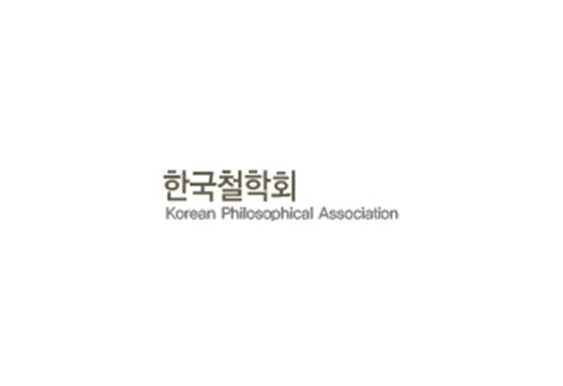과학기술 시대에 부합하는 유가적 성인관 구축을 위한 제언
A Proposal for the Establishment of a Confucianism saints Perspective in the Age of Science and Technology
이오륜
성균관대학교 유학동양한국철학과 4단계 BK21 교육연구단
철학
2024, vol., no.158, pp. 1-19 (19 pages)
10.18694/KJP.2024.2.158.1
한국철학회
초록
본 논문은 내성과 외왕으로 압축되는 유가의 성인에 대해 살펴보고, 현대사회에서 유가가 적응하지 못하게 된 원인을 분석한 뒤에 이를 극복하기 위한 방안을 제시한다. 전통적으로 유가의 성인은 내성을 중시하는 성인과 외왕을 강조하는 성인으로 나뉘며, 도덕과 사업은 이들을 이해하는 핵심이 된다. 내성을 중시하는 성인은 맹자와 대학의 논술에서 나타나는 내용을 기반으로 성인의 도덕적 측면을 강조하고, 외왕을 중시하는 성인은 사업을 중시하는 유형으로 예기・「육덕」・주역・순자에서 분명히 나타난다. 하지만 신유가의 선택으로부터 유가의 성인은편향적으로 발전하게 되었다. 주희와 왕수인을 대표로 하는 신유가는 성인이 도덕을 대변하는 인물 혹은 도덕 그 자체로 여겼기 때문이다. 성인에 대한 유가의 이러한 태도를 수정하지 않는다면 과학기술이 중요한 영역으로 부상하는 현대 사회에서 유가는 도태되어 외면받는 학문으로 전락할 수밖에 없다. 미래에 유가가 유의미한 학문체계로 남을 수 있기 위해서는 내성과 외왕에 대한 기존의 관점을 수정함으로써 성인에 대한 혁신이 필요하다.
This paper examines Confucianism saints who are represented by Nei-sheng and Wai-wang. After analyzing the causes of confucianism’s inability to adapt in modern society, a plan to overcome them is suggested.
Traditionally, Confucianism saints are divided into two groups, who value Nei-sheng and who emphasize Wai-wang. Morality and business become the core for understanding them.
Saints who value Nei-sheng emphasize the moral aspects of saints based on the contents of the essay of Da-xue and Meng-zi. Moreover, saints who Wai-wang are the types that value business, and this is clearly exposed in Li-ji, Liu-de, Zhou-yi and Xun-zi.
However, beacause of the choice of new-Confucianism, saints of Confucianism have developed in a biased way.
This is because New-Confucianism, represented by Zhu Xi and Wang Shou-ren, considered saints to represent morality or morality itself.
If Confucianism do not change this attitude toward saints, Confucianism will inevitably fall into a study that is left behind and neglected in modern society, where science and technology emerge as an important area.
In order for Confucianism to remain as a meaningful academic system in the future, innovation in perspective on saints is needed by revising existing views on Nei-sheng and Wai-wang.

